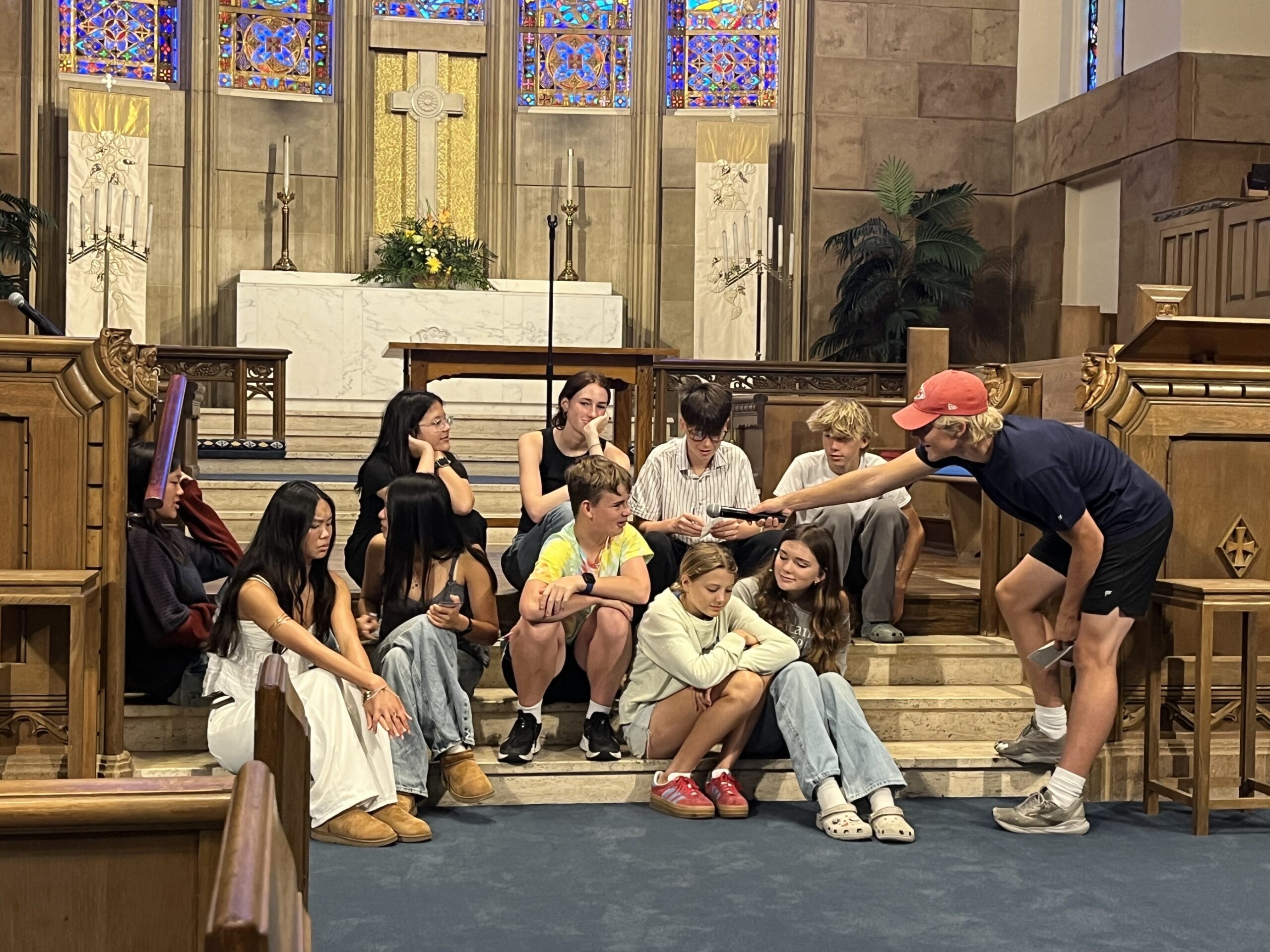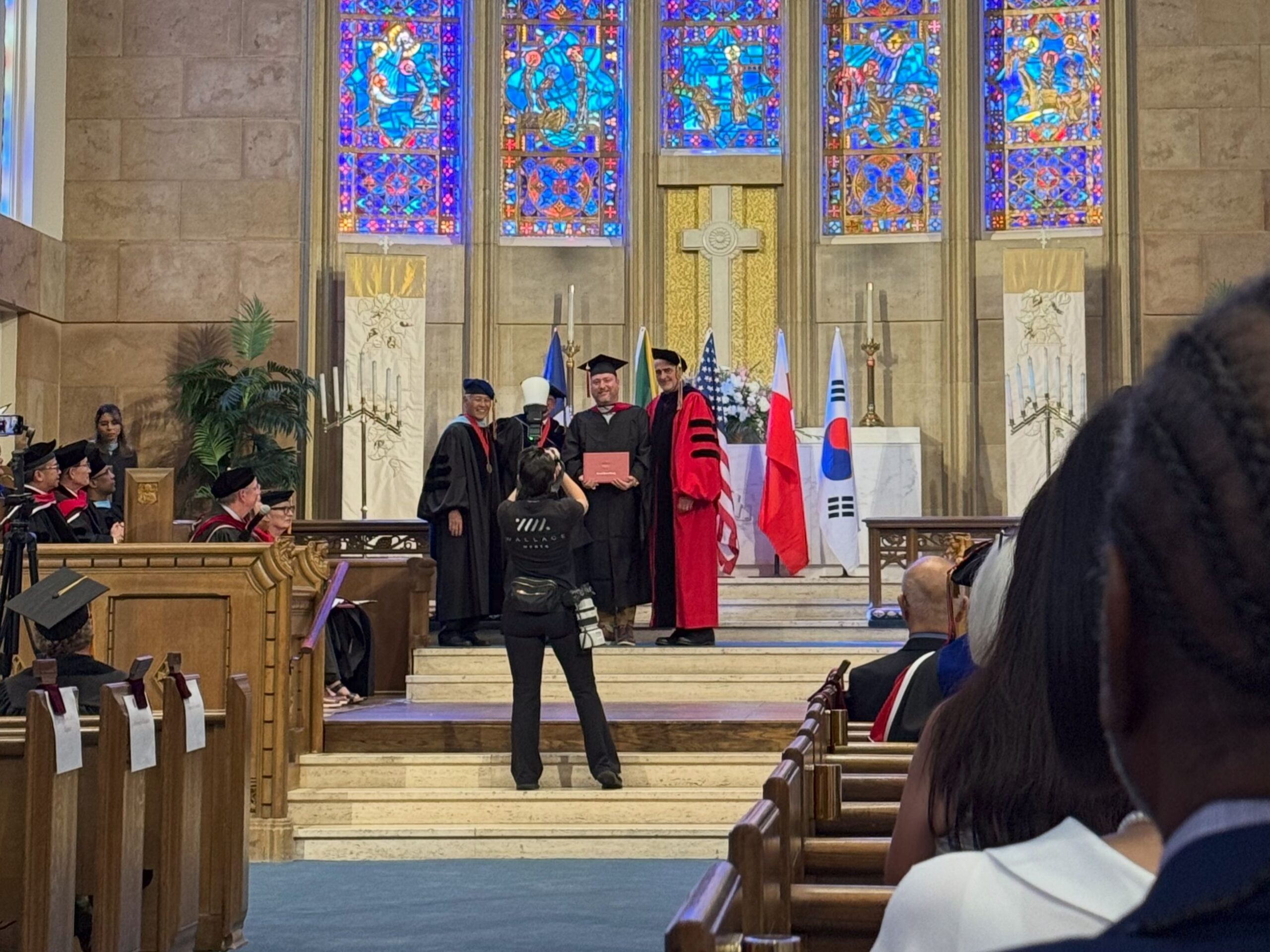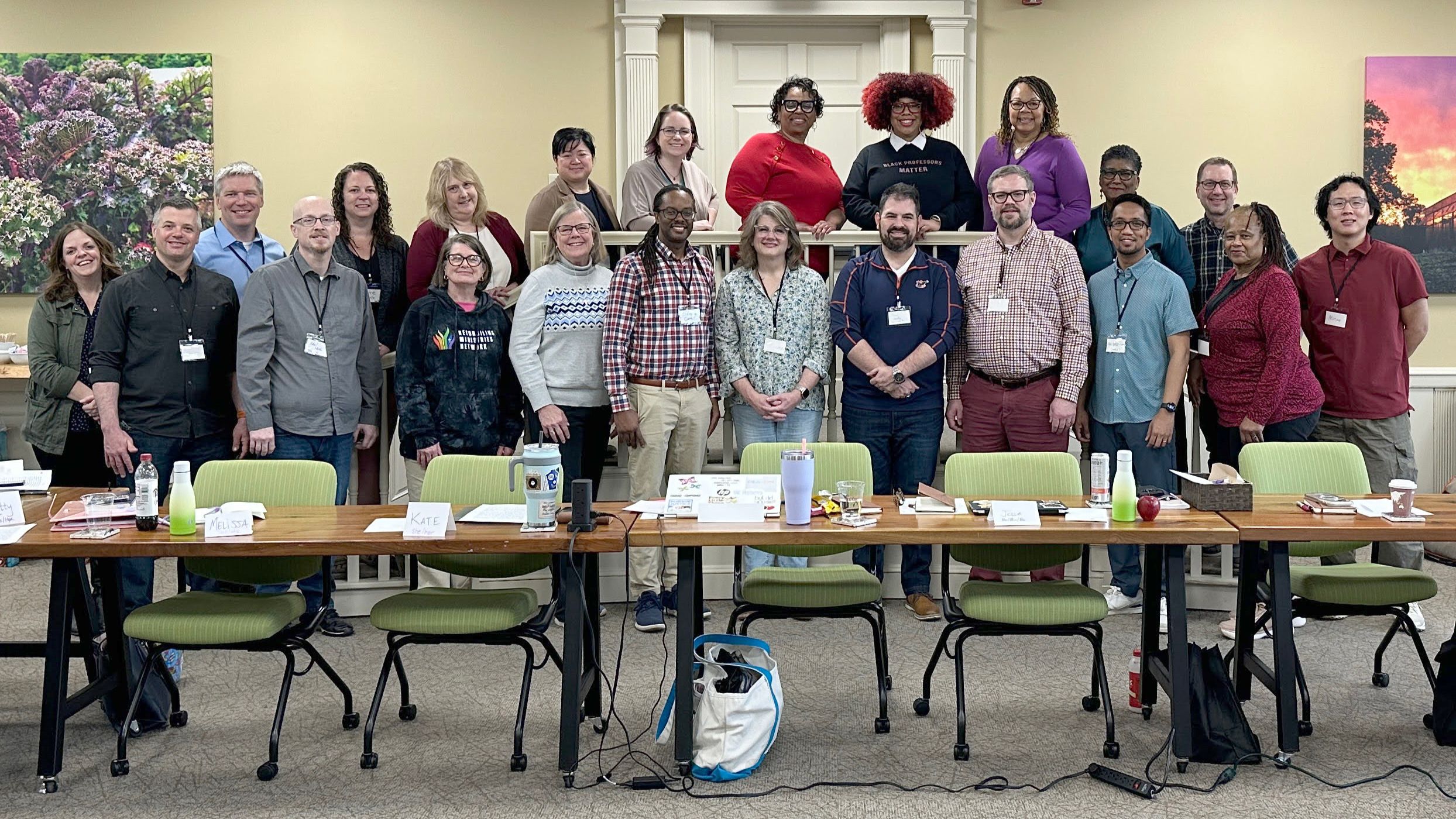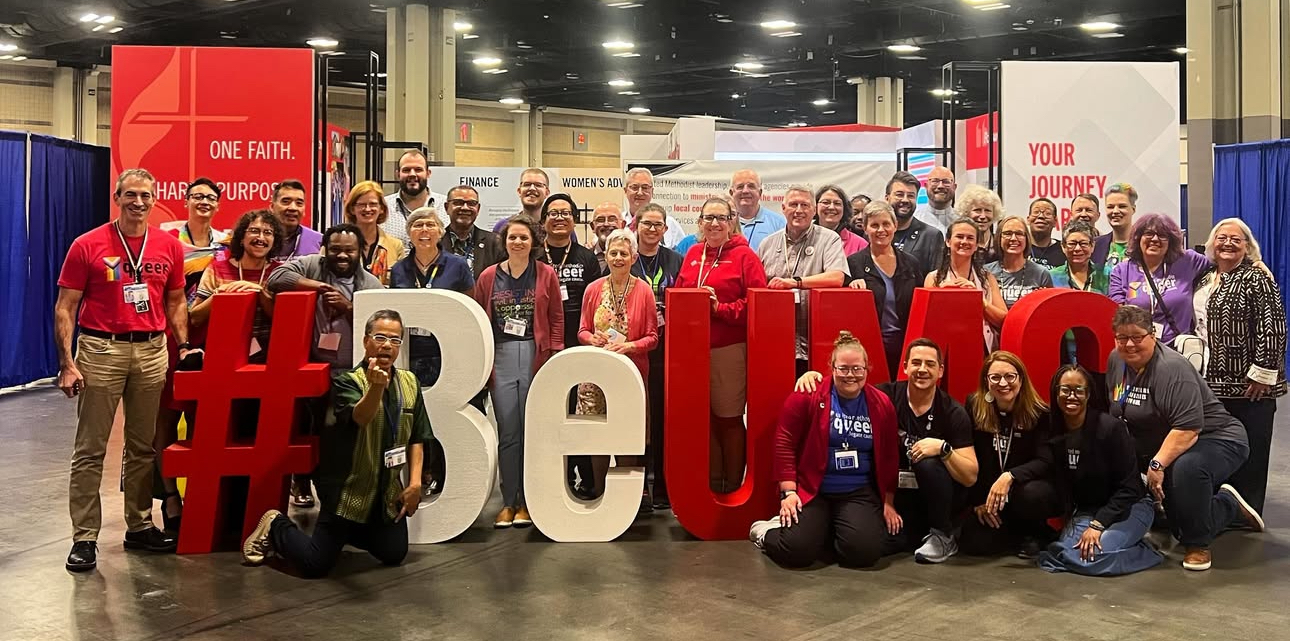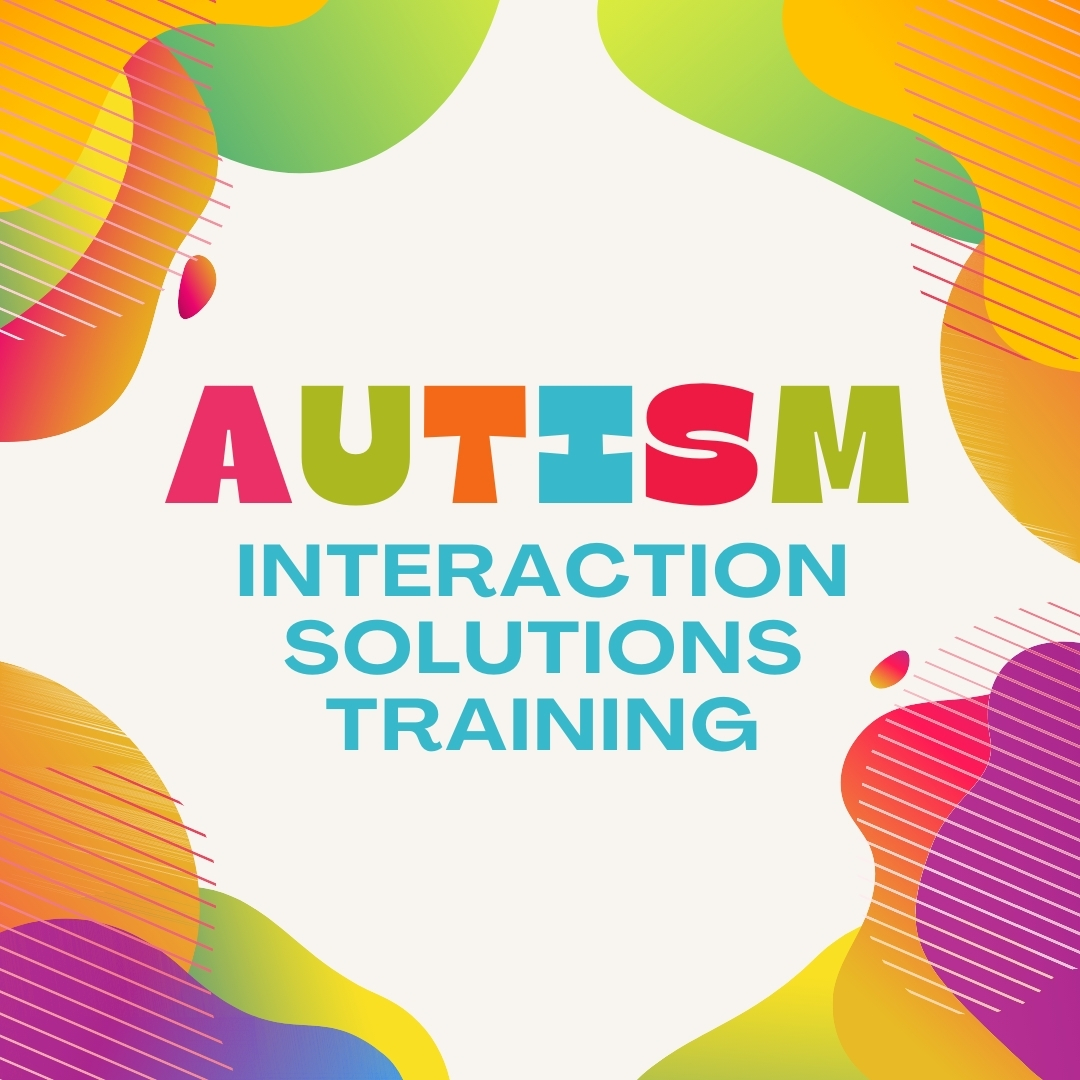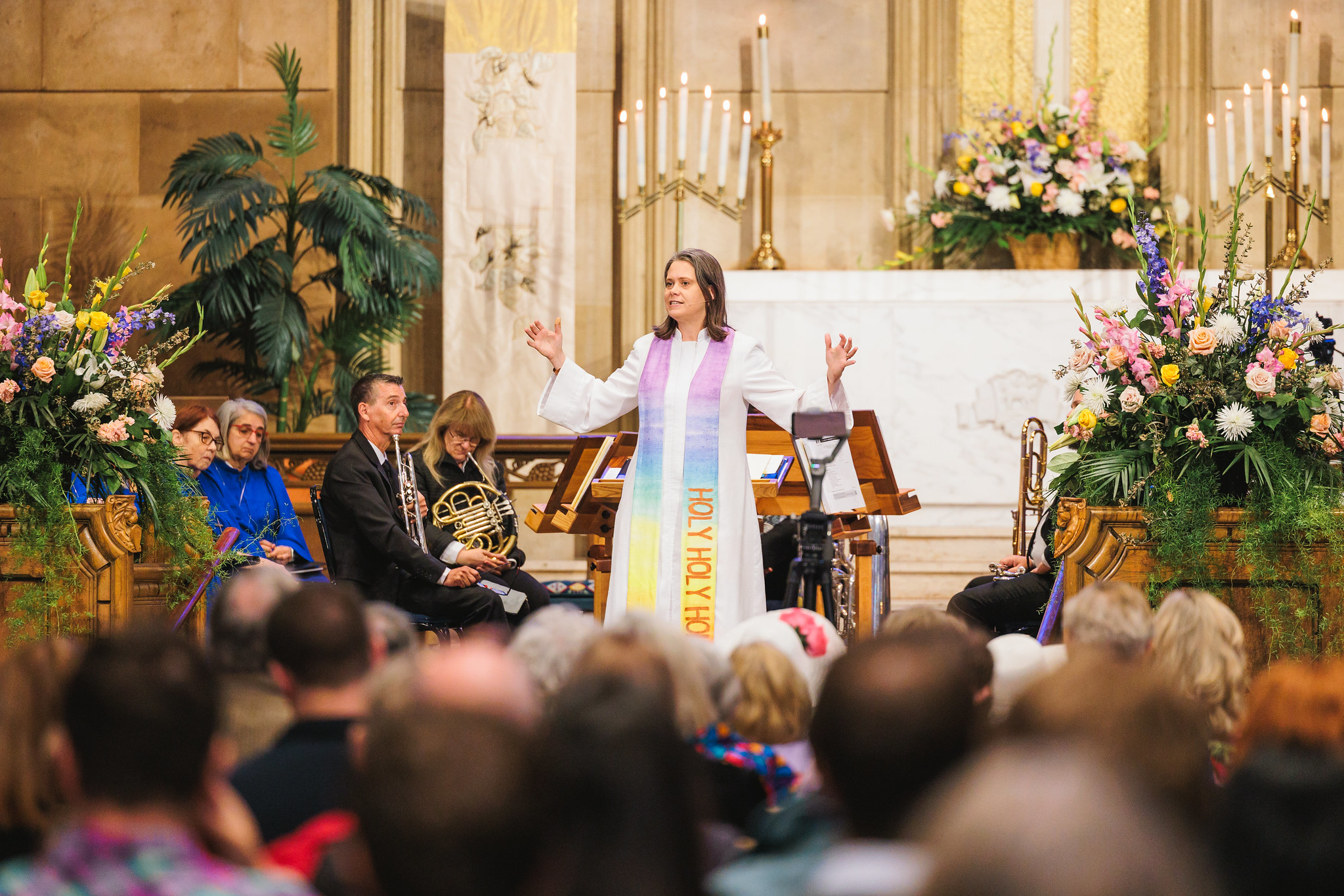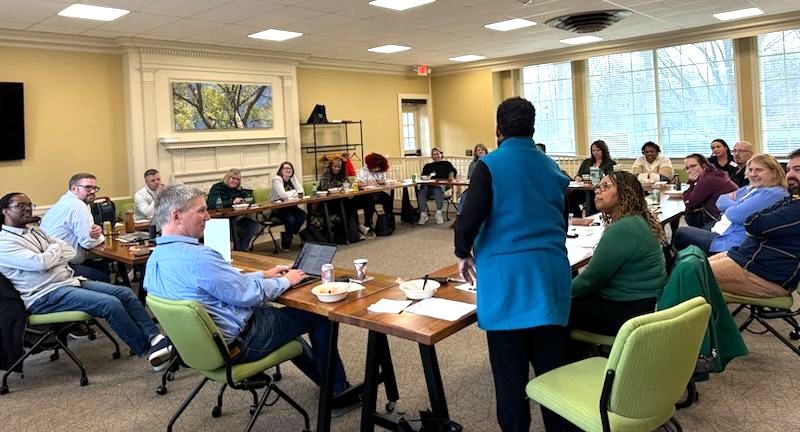This week, our Note from the Pastor comes from Pastor Diana Holbert. Rev. Dr. Holbert is an ordained elder in the UMC, who led congregations in the Dallas area before retiring to LA. Lucky for us, her commitment to ministry with children drew her out of retirement and back into leadership in our congregation. This week, she offers insights for us all about how to help our children thrive.
Dear Westwood Church family,
As a child, I was raised in the milieu of Dr. Spock’s Baby and Child Care which promoted nurturing in a “benign neglect” manner. My children were four and seven years old when The Hurried Child was published. Its premise was to stop pushing our children to be the best. Consequently, teachers were told to give everyone a ribbon for at least trying, so that everyone would feel special. A year later, Parent Effectiveness Training made the rounds by promoting love, limits, and consistency. When our daughter was in her teens, enmeshed in a culture that was toxic to adolescents, she attended a course that I led on Reviving Ophelia: Saving the Selves of Adolescent Girls.
We parents have received good help along the way.
But not until Dr. Lisa Miller’s The Spiritual Child: The New Science on Parenting for Health and Lifelong Thriving came across my desk did I find something that spoke directly to what I’ve been trying to do all my life: help children flourish spiritually.
Lisa Miller is a trained scientist and the director of the Clinical Psychology Program at Columbia University. Her message is to help us fortify our children to mature as spiritual beings. Miller makes the claim that we are all born as innately spiritual beings. If the grownups around a child nourish this by talking about spiritual things with them, children will be socialized into seeing the world as welcoming and meaningful.
“Spirituality is an inner sense of relationship to a high power that is loving and guiding. The word we give to this higher power might be God, nature, spirit, the universe, the creator, or other words that represent a divine presence. But the important point is that spirituality encompasses our relationship and dialogue with this higher presence.” (Page 25)
For a quick overview of Miller’s thoughts, you may want to watch these seventeen minutes of a talk she made at the “Festival of Faiths” in May 2019.
Science, according to Miller, tells us that a child is one-third innately spiritual and two-thirds socialized to being spiritual. That is, we are all born spiritual, but as parents, grandparents, foster parents, and child/youth workers, our impact on these children is huge. How we live our lives beside our children determines how our children will thrive. She speaks, “Will they look [at the world] with an open heart onto a foundationally spiritual world or will they feel isolated and separated in a meaningless universe?” (from her video)
“Our parenting choices in their first two decades radically affect our children’s spiritual development in ways that last their entire lives. Natural spirituality in fact, appears to be the single most significant factor in children’s health and their ability to thrive.” (Page 6)
Children desperately need to talk to someone about their spiritual experiences.
As the Pastor of Children & Families at our church, I listen to our little ones very carefully during our sacred conversations. This is a task I totally love: to see what is innately spiritual in their words and how the biblical stories help put words and images to that sacred “holy of holies” within each child. My children’s ministry team and I have these precious ones only for the first decade of their lives, but Westwood UMC is dedicated to the spiritual formation of all children and of youth. Miller writes, “Without supported and guided spiritual awakening in adolescence, our teens are left to fend for themselves. The cost is high.” (Page 71)
An Activity to Develop and Put Words to Spirituality
An example of one of Miller’s suggestions (page 145) is to create a map of your family’s “Field of Love,” the family connections that encourage spirituality.
With your child, make a list of people and animals that support and have supported your child. Parents, siblings, aunts & uncles, grandparents, teachers, preachers, creatures. Try to remember events that happened with each individual and how your child feels about each person/animal. Perhaps some of them have died, but you can make the claim that they loved your child even before they were born.
This “Field of Love” can be a nightly bedtime ritual or a one-time activity to do as you wind the day down. Once the people/animals/natural sights have been written down, why not draw pictures to illustrated them? Then put it on their wall.
We all need reminders that we have a community of saints surrounding us as we take each step through our lives. And that God is with us. We are not alone. Thanks be to God. And thanks be to grownups who care.
Breathe peace,
Pastor Diana Holbert
P.S. Ms. Deanna and I are in a bookclub of two as we discuss The Spiritual Child together! Let us know if you want to talk, too.


